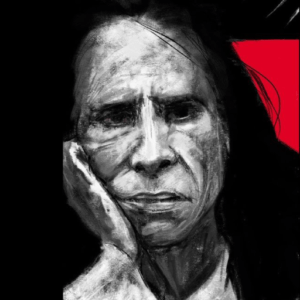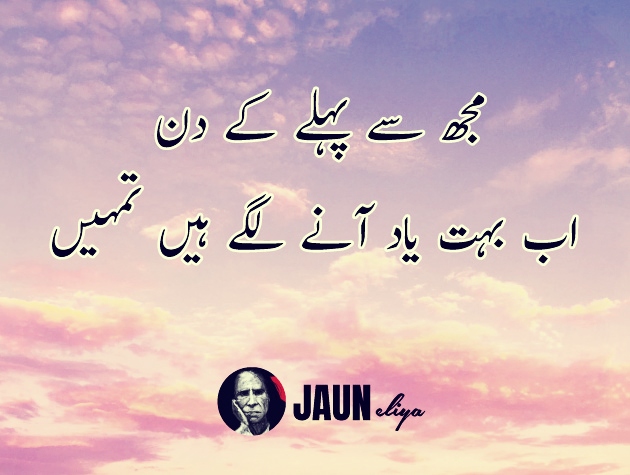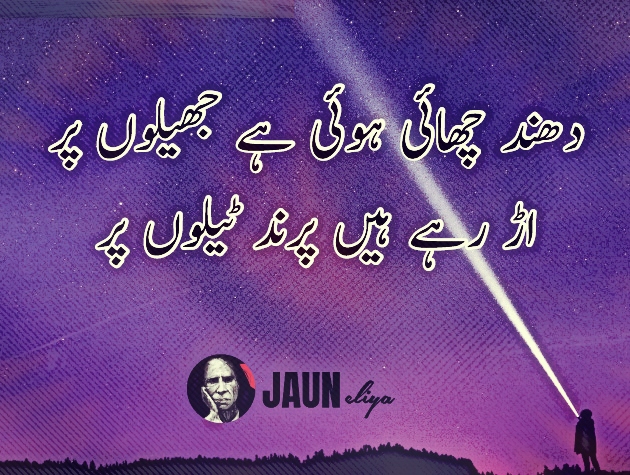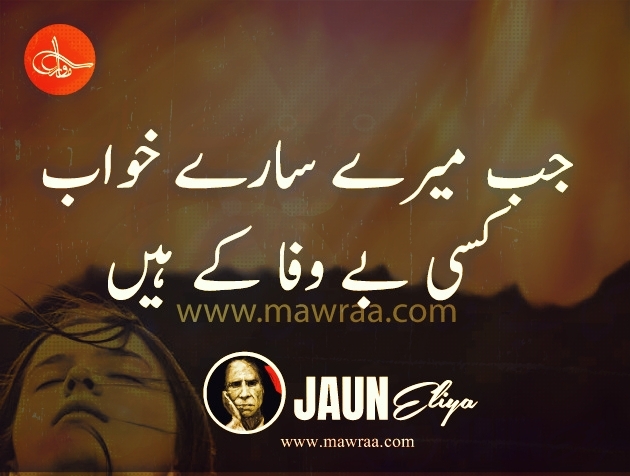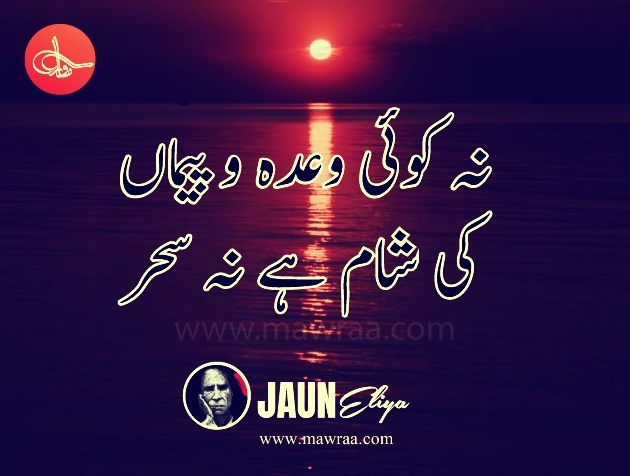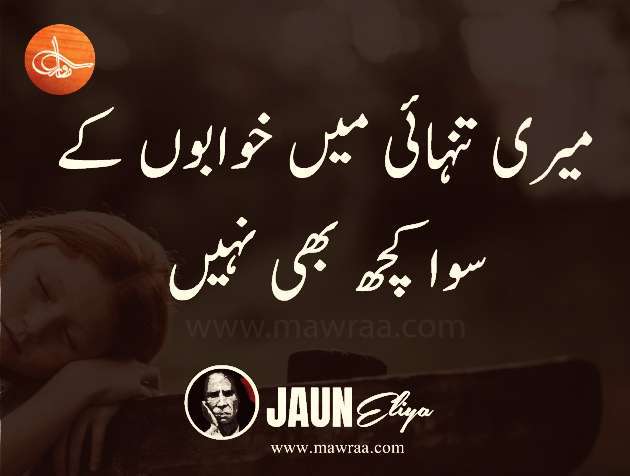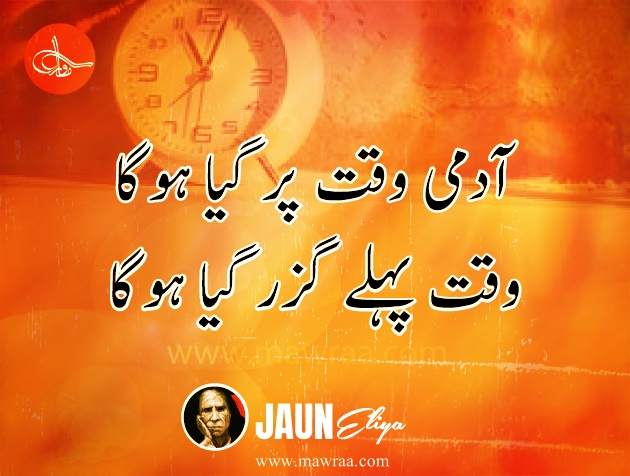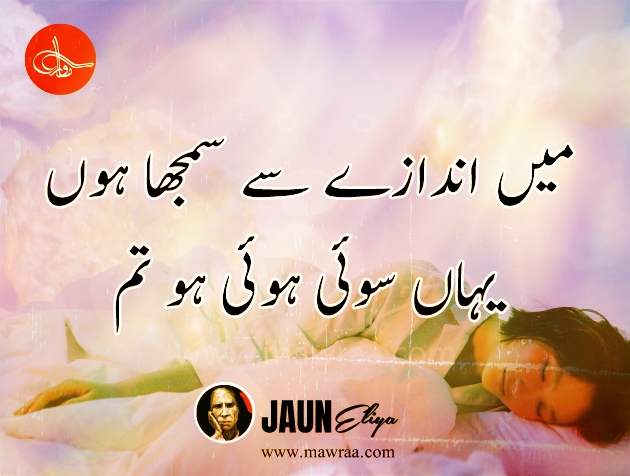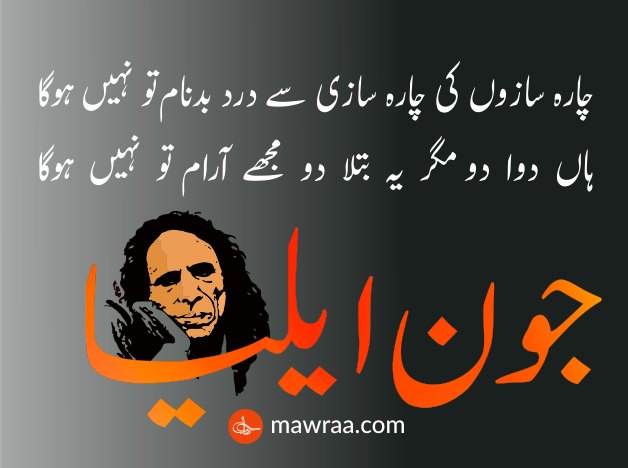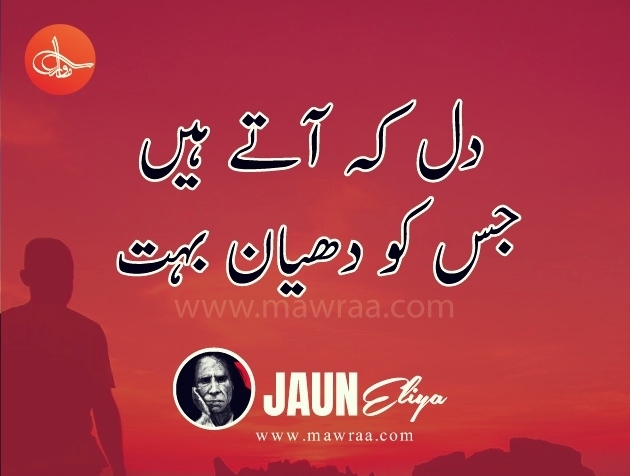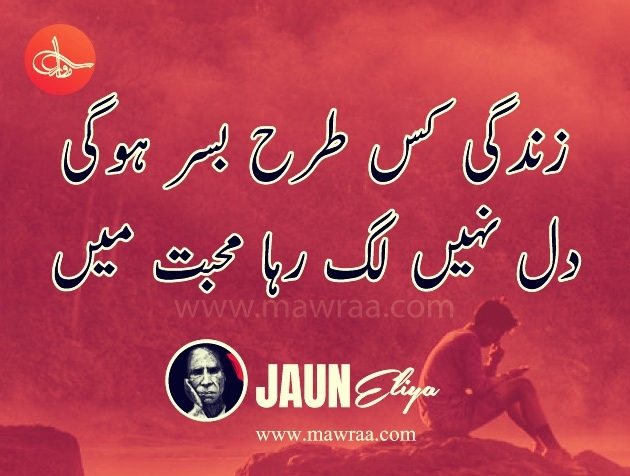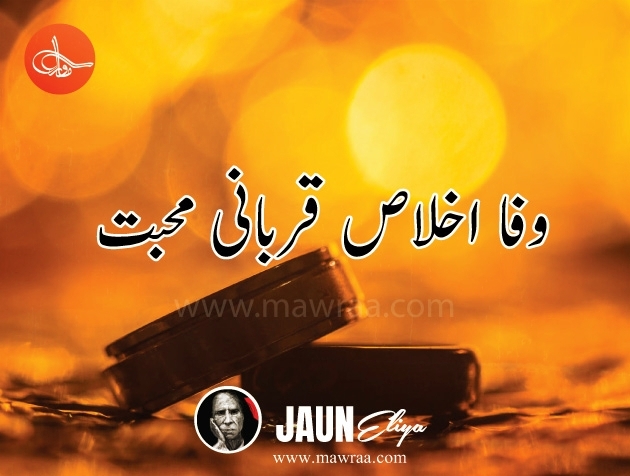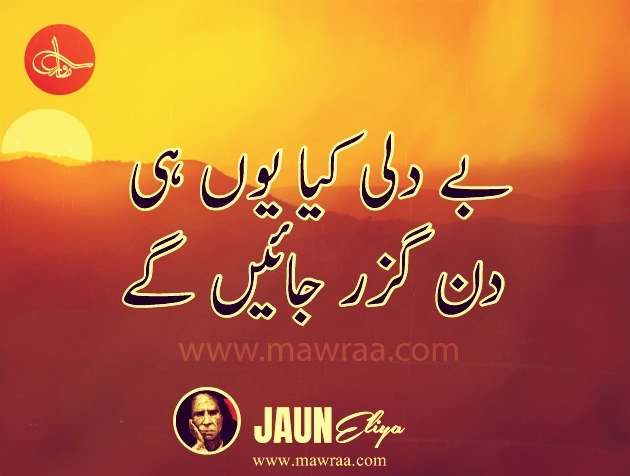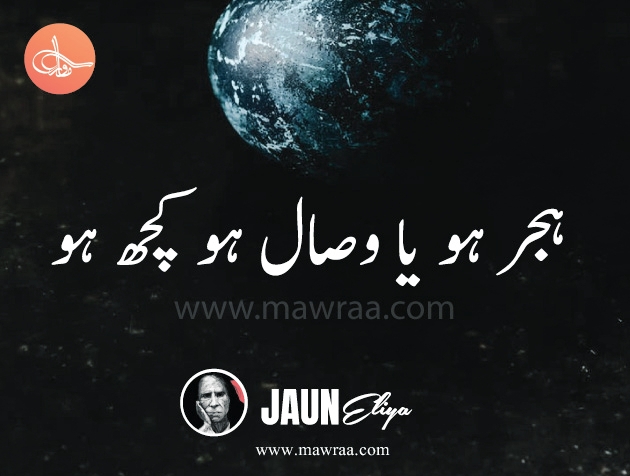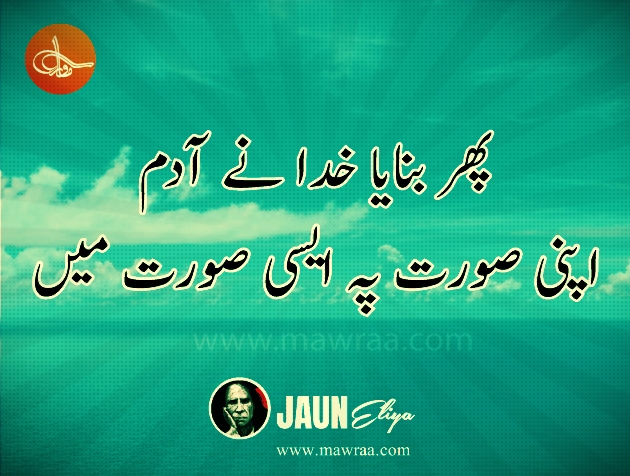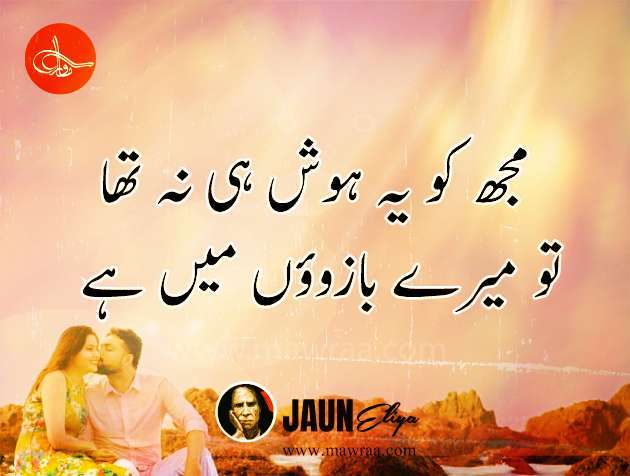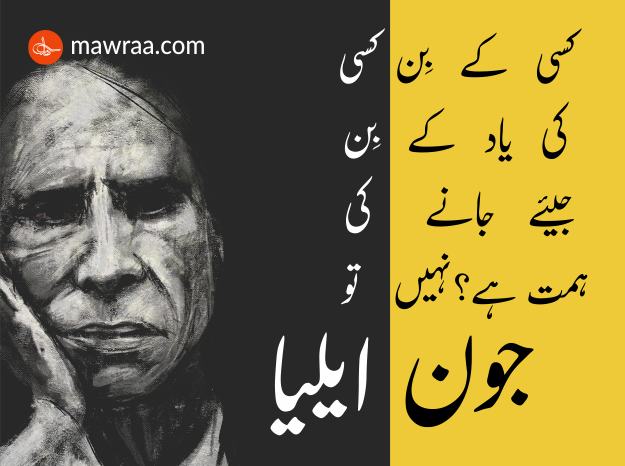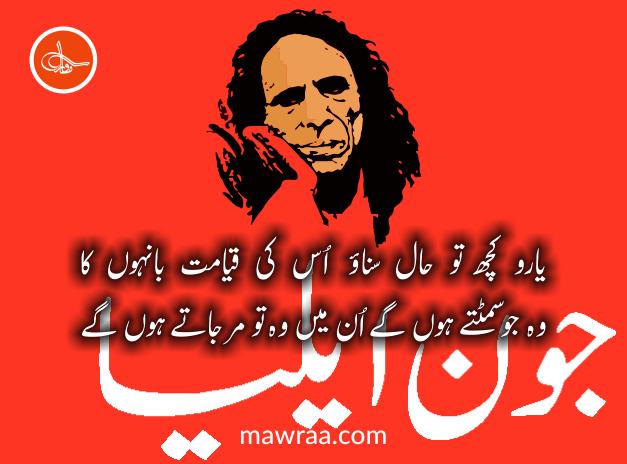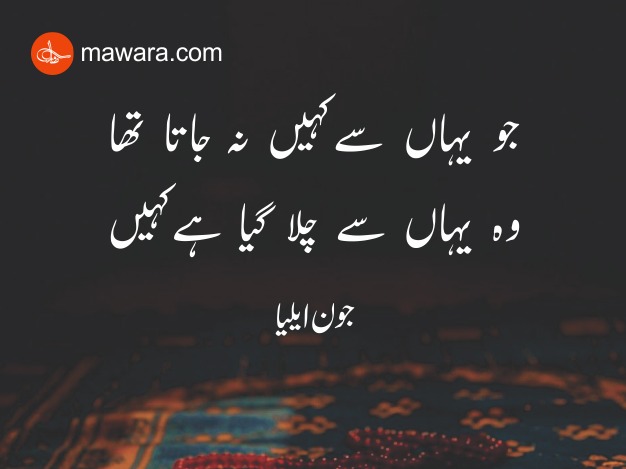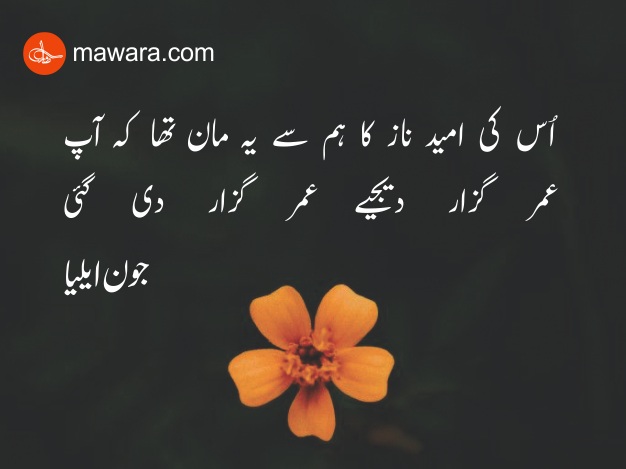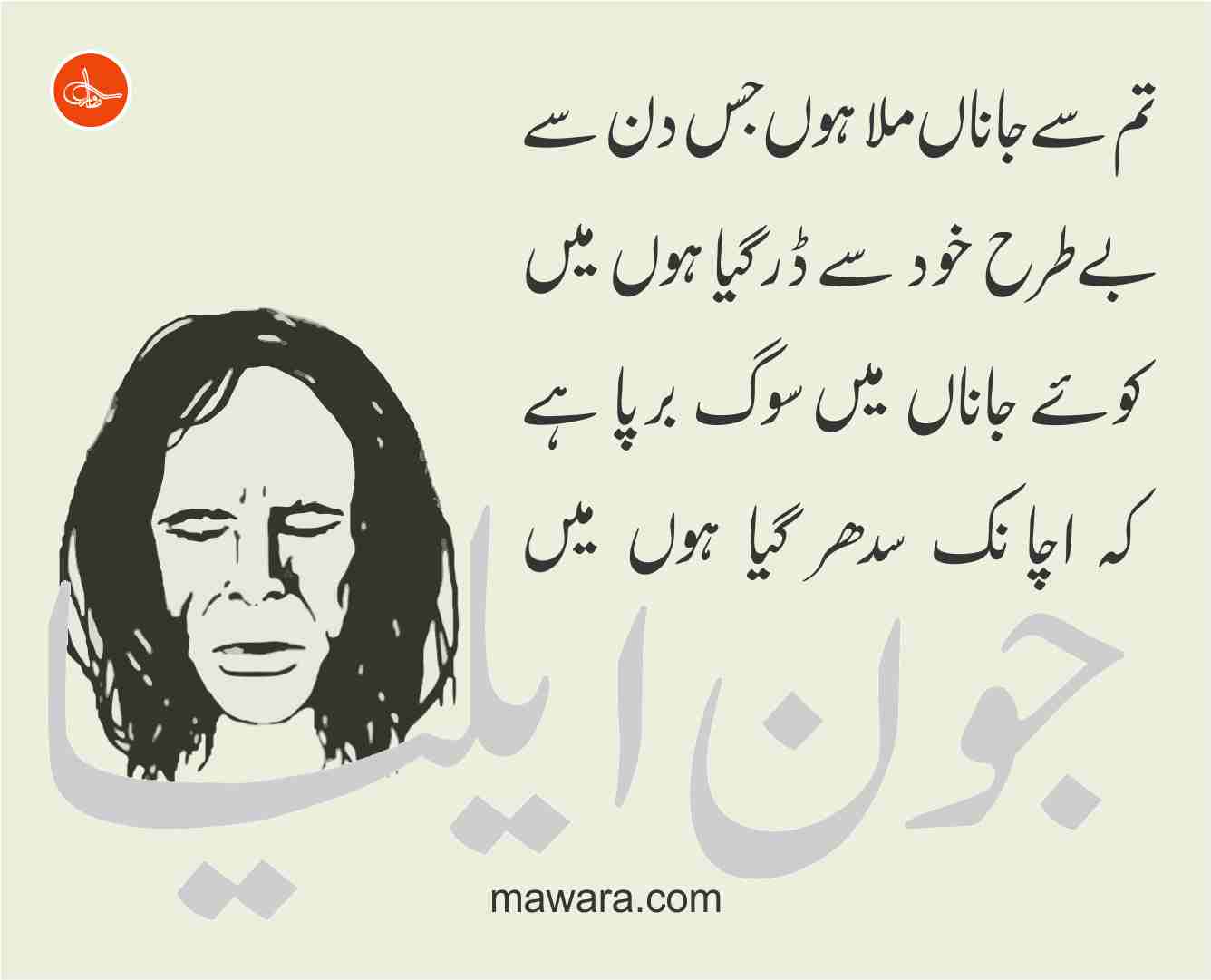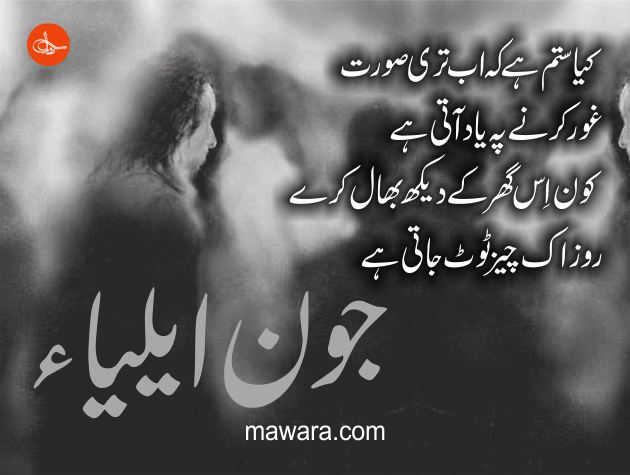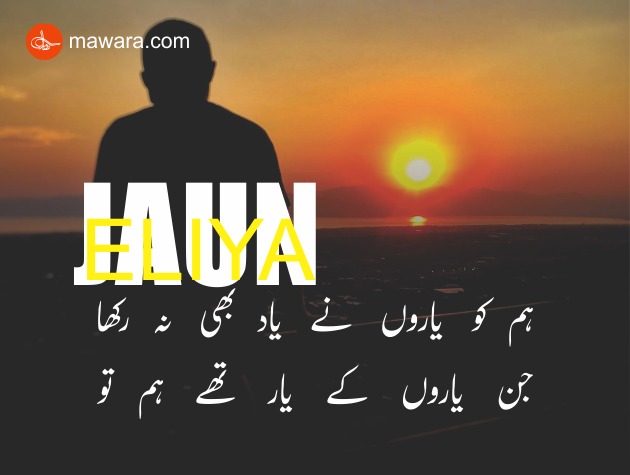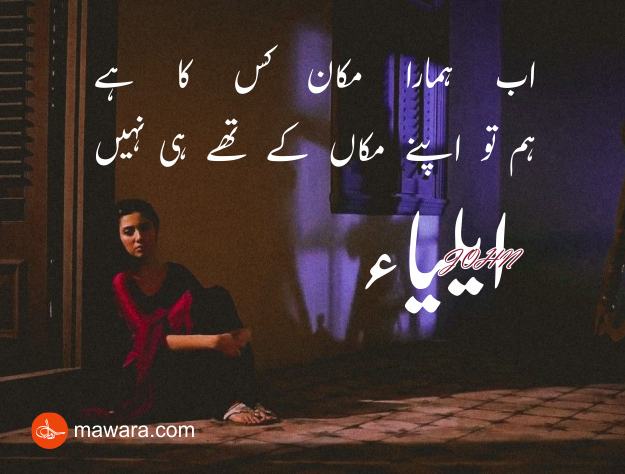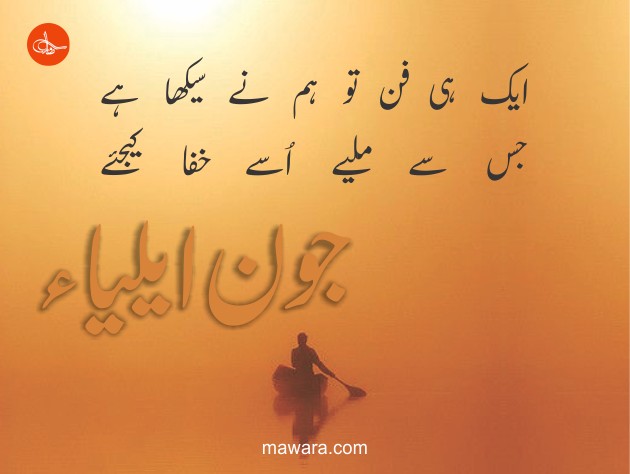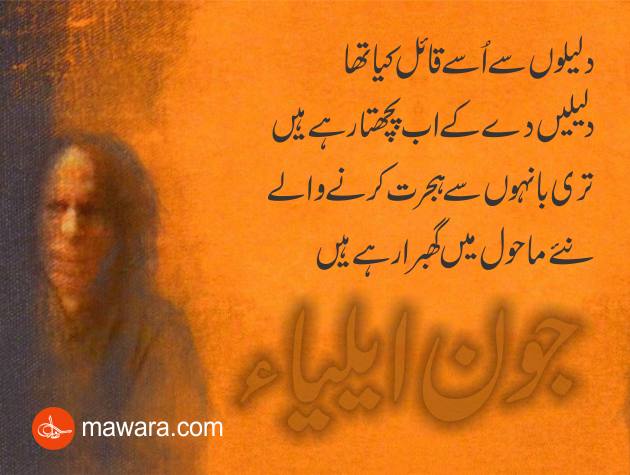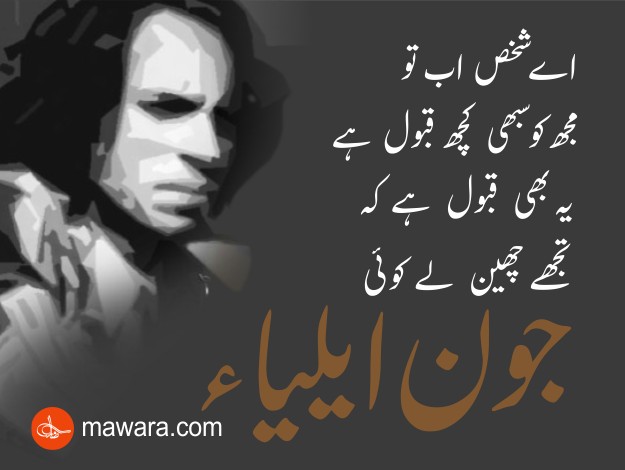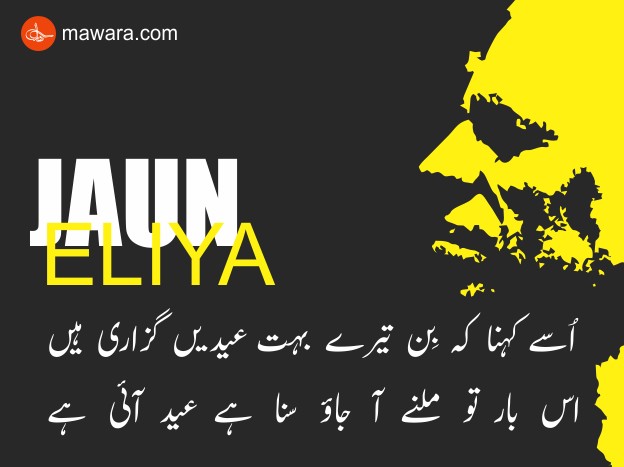Introduction
Jaun Elia was a renowned Pakistani poet, philosopher, and intellectual. He was born on August 14, 1931, in Amritsar, India, and is considered one of the greatest poets of the Urdu language. His unique style blended classical and modern elements and he was known for his powerful imagery, philosophical depth, and sensitivity in his works.
Eliya published several collections of poetry, including “Dil, Darya, Samundar,” “Khizan Ke Baad,” and “Jaun Eliya Ke Naam.” He was also actively involved in social and political issues and was a vocal critic of religious fundamentalism and authoritarianism.
Throughout his life, Eliya was a fearless voice for freedom of expression and his works continue to inspire poets and intellectuals around the world. He passed away on March 8, 2002, but his legacy lives on through his memorable poems.
Jaun Elia Early Life and Education
Jaun Eliya was born on August 14, 1931, in Amritsar, India. He received his early education in Lahore, Pakistan, where he studied Urdu, Persian, and Arabic literature. He later went on to earn a Bachelor of Arts degree in Urdu and English literature from the University of Punjab.
Eliya was passionate about literature and poetry from a young age and began writing poetry at an early age. He was published in several literary magazines while still in his twenties, and his works quickly gained recognition for their depth and sensitivity.
All his life, Eliya continued to study and write and was widely regarded as one of the leading poets and intellectuals of his generation. He was known for his unique blend of classical and modern elements in his poetry, as well as his insightful engagement with social and political issues.
Jaun Elia Career in Literature
Jaun Eliya had a prolific career in literature and is considered one of the greatest poets of the Urdu language. He began writing poetry at an early age and was published in several literary magazines while still in his twenties. Over the course of his career, he published several collections of poetry, including “Dil, Darya, Samundar,” “Khizan Ke Baad,” and “Jaun Eliya Ke Naam.”
His works are known for their deep sensitivity, philosophical depth, and powerful imagery, and have been widely celebrated for their beauty and insight. Eliya’s unique style blended classical and modern elements, and his works are some of the most important contributions to modern Urdu literature.
In addition to his literary work, Eliya was also deeply engaged with social and political issues and was an outspoken critic of religious fundamentalism and authoritarianism. He was a fearless voice for freedom of expression, and his works continue to be an inspiration to poets and intellectuals around the world.
Famous Works of Jaun Eliya
Jaun Eliya’s of his most famous works include:
- Dil, Darya, Samundar – This collection of poems is considered one of Eliya’s most important works and reflects his sensitivity, philosophical depth, and powerful imagery.
- Khizan Ke Baad – This collection of poems is known for its melancholic tone and its exploration of themes of loss, change, and the passing of time.
- Jaun Eliya Ke Naam – This collection showcases Eliya’s mastery of the Urdu language and his ability to express complex ideas through simple, yet powerful imagery.
- Yaadon Ke album – This collection of poems reflects on the memories of childhood and the experiences of growing up.
- Goya – This long poem is a reflection on the human condition, and explores themes of love, loss, and the passage of time.
These works, along with many others, have established Jaun Eliya as one of the greatest poets of the Urdu language and continue to be widely read and admired.
Famous Poetry
Some of his most well-known poems of Jaun Eliya include:
- Afsana – This poem reflects on the nature of storytelling and the power of words to evoke emotion.
- Yaad – This nostalgic poem reflects on the memories of childhood and the experiences of growing up.
- Gumshuda – This powerful poem reflects on themes of loss and the search for meaning in a rapidly changing world.
- Yun Hi – This poem explores the idea of unrequited love and the pain of separation.
- Main Nay Kya Kya Dekha Hai – This reflective poem explores the poet’s experiences and observations of the world around him.
These poems, among many others, show Jaun Eliya’s command of the Urdu language and his capacity to arouse strong emotion with straightforward imagery. They are still read widely and esteemed for their elegance and wisdom.
Awards and Recognitions
Some of the awards and recognitions he received include:
- Pride of Performance Award – This is the highest civilian award for excellence in the arts, sports, and literature in Pakistan, and Eliya was awarded it in 1991.
- Faiz Ahmed Faiz Award – This award is given in recognition of contributions to Urdu poetry, and Eliya was honored with it in 1992.
- Hilal-i-Imtiaz – This is one of Pakistan’s highest civil awards and is given in recognition of achievements in various fields, including literature. Eliya was awarded it in 2000.
- All India Majlis-e-Taraqqi-e-Adab Award – This award is given in recognition of contributions to Urdu literature and Eliya was honored with it in 2008.
These honors, along with numerous others, attest to the influence Jaun Eliya had on Urdu writing, and his works are still read and enjoyed by many people today.
Social and Political Views
Many of his poems address issues of identity, discrimination, and the human condition, and some are interpreted as having a political or social message.
Overall, Jaun Elia’s views can be seen as being critical of the status quo and advocating for the empowerment of individuals and marginalized communities. His poems often express a sense of disillusionment with the world and a desire for justice and equality. Despite the somewhat melancholic and introspective tone of his poetry, his work continues to be widely read and appreciated and is among the most significant literary contributions to Urdu language poetry.
Later Life and Death
Jaun Elia lived a relatively reclusive life. He passed away on November 8, 2002, at the age of 71. Despite his somewhat controversial reputation during his lifetime, he is now widely regarded as one of the most important poets of the Urdu language, and his work continues to be widely read and studied by scholars and poetry enthusiasts.
Conclusion
Despite his relatively brief life, he left a legacy through his innovative and thought-provoking poetry, which challenged conventional wisdom and touched on a wide range of social, political, and existential issues.
Jaun Elia was a highly individualistic poet, and his work reflects a unique and deeply personal perspective on life and the world. He was known for his unconventional style, as well as his willingness to push the boundaries of what was considered acceptable in Urdu poetry.


